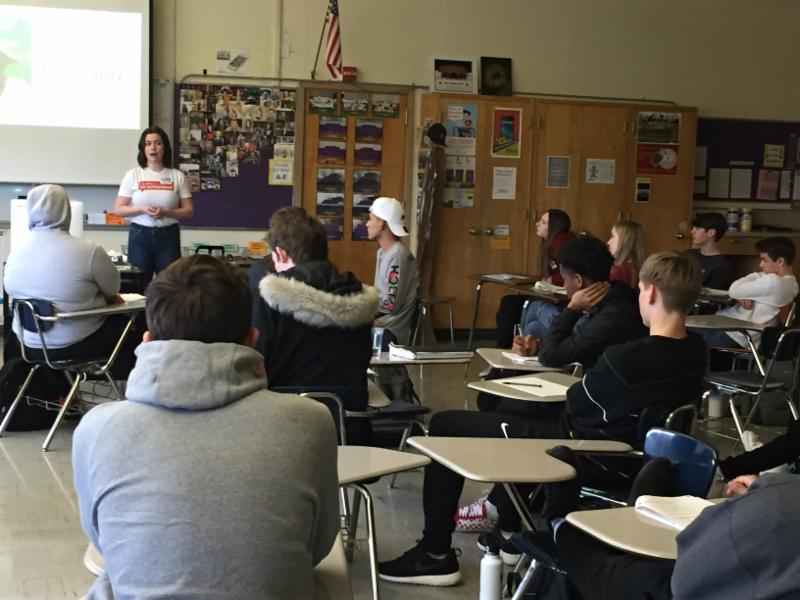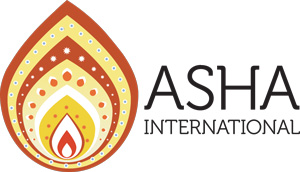Tags: by Gayathri Ramprasad | Sep 6, 2020 | #BIPOCMentalHealth, #MyStoryMYSUPERPOWER, #WomensMentalHealth, MentalHealthMatters
As proud Iranian-American author and mental health activist Melody Moezzi said, “Race is a mental health issue; mental health is a race issue. We need to stop treating them like they are two separate issues because they are not.” Discussing race and mental health is not new for ASHA International. This discussion is a part of who we are at our core. There’s never been a more important time than right now to share that with the world. The video clip below is from our 2019 Grit and Grace conference but it’s especially fitting in our current state. This year we chose to make our conference FREE because, as Melody explains, we can’t do this alone. Join us as we talk about race and mental health at the Grit & Grace Conference on September 18th. Click here to learn more and register. ...
Tags: by Gayathri Ramprasad | Jul 2, 2020 | BIPOC Mental Health, Mental Health Matters, My Story MY SUPERPOWER
Systemic oppression has significant impact on the mental health and well-being of Black, Indigenous, People Of Color (BIPOC). Historical and contemporary injustices continue to perpetuate trauma through generations and into today. BIPOC communities are resilient and have worked hard to uplift their communities despite systemic barriers and the impact of trauma. All of us at ASHA International celebrate their resilience. And, during the month of July, we will be sharing stories to honor their journey. See Olympic Gold Medalist Chamique’s story below and join us on Facebook, Instagram and YouTube to see more inspiring stories. Click here to learn more about the impact of trauma and access lists of resources specifically for BIPOC and LGBTQ+ communities provided by our friends at Mental Health America. Women’s Basketball Hall of Fame hooper and Olympic gold medal winner Chamique Holdsclaw has dedicated her life to end the stigma of mental illness and be a voice for those who feel marginalized and voiceless. Watch Chamique’s inspiring...
Tags: by Gayathri Ramprasad | Jun 14, 2020 | My Story MY SUPERPOWER, Resilience, Youth mental health
Over the last few years, we have had the privilege of mentoring youth storytellers Hanna Kane, Jaxon Buell, Hoda AbouEich & Eric Martz. Their stories have inspired and empowered thousands of youth and adults to take charge of their mental health and well-being. Their courage, resilience and activism will lead us into a better world of equity & inclusion. Please join us in congratulating the class of 2020, and wishing them the very best. Hanna Kane This fall I will be attending the Honors College at University of Washington with a plan to study constitutional law and American history. My goal is to become an attorney practicing constitutional law with a focus on social justice and big data. In college I am looking forward to connecting with the queer community, taking as varied classes as I can, and perhaps studying abroad in Ireland. Becoming an ASHA storyteller has allowed me to reclaim control of my story, sharing my struggles to empower others and myself in the process. It has taught me the power of both a single story and a community coming together to support healing and growth. I will always be a storyteller at heart, and I am incredibly grateful for the opportunities I’ve had with the organization. Jaxon Buell This fall I will be a private in the Marine Corps with a M.O.S. of intelligence. My goal is to become a data analyst for one of the US intelligence agencies. During my time in the Marine Corps, I look forward to making new and lifelong friends and comrades, as well as being able to...
Tags: by Gayathri Ramprasad | Jul 23, 2019 |
According to a recent story by KATU reporter and ASHA Board member Genevieve Reaume, data from the Centers for Disease Control (CDC) shows white people have the highest rate of suicide in America, but many minorities are expressing grave concern over rising rates. If you take a broader look at suicide rates across cultures, it’s clear many communities are struggling to stop suicides.Younger Americans who’ve got roots across the globe say culture can impact the mental health discussion. Read more… We are deeply grateful to our Youth Storyteller Yamini Rajan and her parents for sharing their perspectives. At ASHA International, we are dedicated to empowering people living with mental health conditions and their families to share their stories to normalize the conversation about mental health, and give...

Tags: by Gayathri Ramprasad | Apr 5, 2019 |
Most American teenagers — across demographic groups — see depression and anxiety as major problems among their peers, a new survey by the Pew Research Center found. The survey found that 70 percent of teenagers saw mental health as a big issue. At ASHA International, our youth Storytellers are dedicated to sharing their stories to give hope and let their peers know they are not alone, and encourage them to get the help they need to recover and thrive. Together, we are creating a safe space where students can talk about their struggles and support each other with empathy and compassion. Here is feedback from students about our Let‘s Talk About Mental Health Program at local high schools in February: “Right now, I’m going through something really hard. But the presentations have convinced me that recovery is possible and I can get over it.” “Very inspiring! As a person struggling with anxiety, this program was very uplifting & safe.” “I’ve been struggling with my mental health for years and never asked for help and like the storyteller said – she tried to commit suicide and nobody knew – that’s what happened to me. The storytellers made me realize in order to feel better, I must seek help.” “Some of my friends are dealing with mental illnesses and the presentation gave me a different view on it, and how to help them.” “I went to the same middle school as the Storyteller, and it is comforting to know that there are people at my school who can help me with my problems.” “The personal stories were very...


